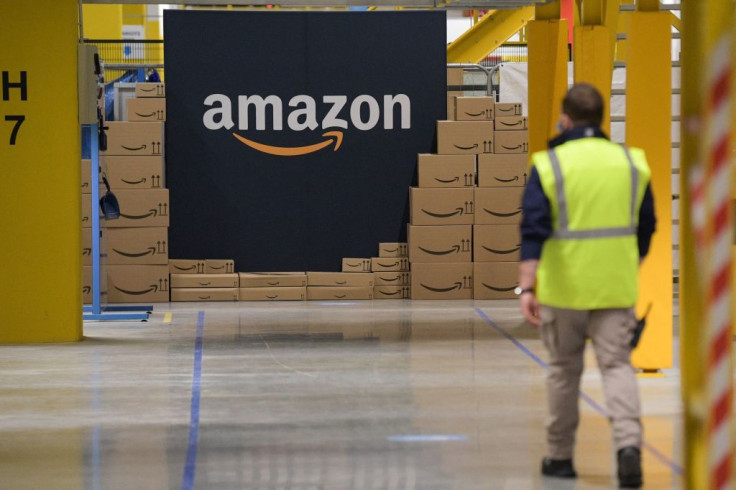US-China Trade War: Amazon's Products Expected to Rise as Chinese Sellers Suffer 145% Tariff

Amazon shoppers in the US may soon see higher prices on everyday products. Chinese sellers on Amazon are being hit hard by new tariffs announced by former President Donald Trump.
The total tax on some Chinese goods is now 145%, including a previous 20% tariff on items tied to fentanyl concerns.
Amazon CEO Andy Jassy told CNBC that it's likely US customers will pay the price. "I'm guessing that sellers will pass that cost on," Jassy said. "You don't have 50% extra margin to play with."
While Amazon is trying to keep prices low, Jassy admitted the company is making "forward inventory buys" and reworking deals to soften the impact, USA Today said.
The steep tariffs are forcing some Chinese sellers to either raise prices or leave the US market. According to a source, three out of five sellers interviewed plan to increase prices, while two said they'll stop selling to American customers altogether.
Wang Xin, who leads the Shenzhen Cross-Border E-Commerce Association—representing over 3,000 Amazon sellers—warned that "it'll be very hard for anyone to survive in the US market" with tariffs this high.
She added that customs delays and increased shipping costs are also expected.
BREAKING: The White House has clarified that total U.S. tariffs on Chinese goods now stand at 145%, not 125%, following the latest hike.
— Brian Krassenstein (@krassenstein) April 10, 2025
That $10 Amazon knickknack? It’ll now set you back $24.50.
TRUMPFLATION pic.twitter.com/bD018sIutg
Backpacks and Speakers See 30% Price Hike on Amazon
One seller, Dave Fong, said he's already increased prices by up to 30% on products like backpacks and Bluetooth speakers. "You can't rely on the US market," Fong told Reuters. "We're shifting focus to Europe, Canada, and Mexico."
According to ArsTechnica, another seller, Brian Miller from Shenzhen, said prices will spike once current stock at Amazon's US warehouses runs out.
For example, a toy that costs his company $3 to make now costs $7 after the tariff. "We'll have to raise the price by at least 20%, and more expensive toys might go up by 50%," Miller said.
He warned that if tariffs don't change, companies will start moving production to places like Vietnam or Mexico.
Amazon has also reportedly canceled some orders for Chinese-made goods, according to Bloomberg. While Jassy didn't confirm that, he said the company is preparing for possible supply problems.
Despite the difficulties, Jassy emphasized Amazon's commitment to maintaining stable prices for its customers and stated that the company would make every effort to do so.
Originally published on vcpost.com




















